Arcosanti
Arizona, USA
Co-Op / Non-Profit
Ecovillage / Experimental
1970 - Present
Arizona, USA
Co-Op / Non-Profit
Ecovillage / Experimental
1970 - Present

The layout highlights the dual nature of Arcosanti, on one hand a community of permanent residents, and on the other a temporary tourist destination for short-term stays and medium-duration educational programs. The communal dining hall (1) doubles as a gift shop and destination meeting point for tour groups. The amphitheatre is ringed by apartments and offices (7), single family residence, many live and camp down the hill (8)
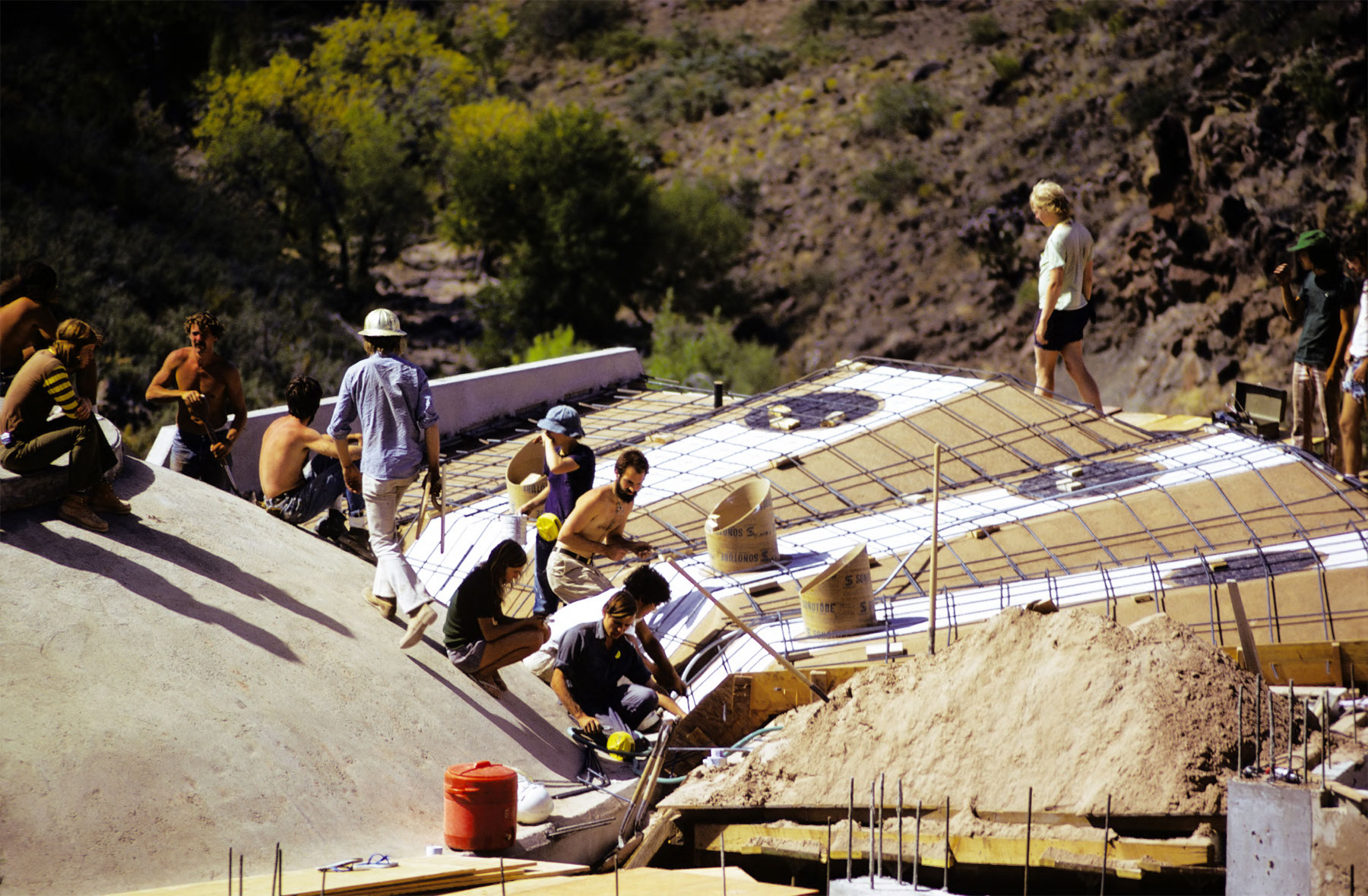
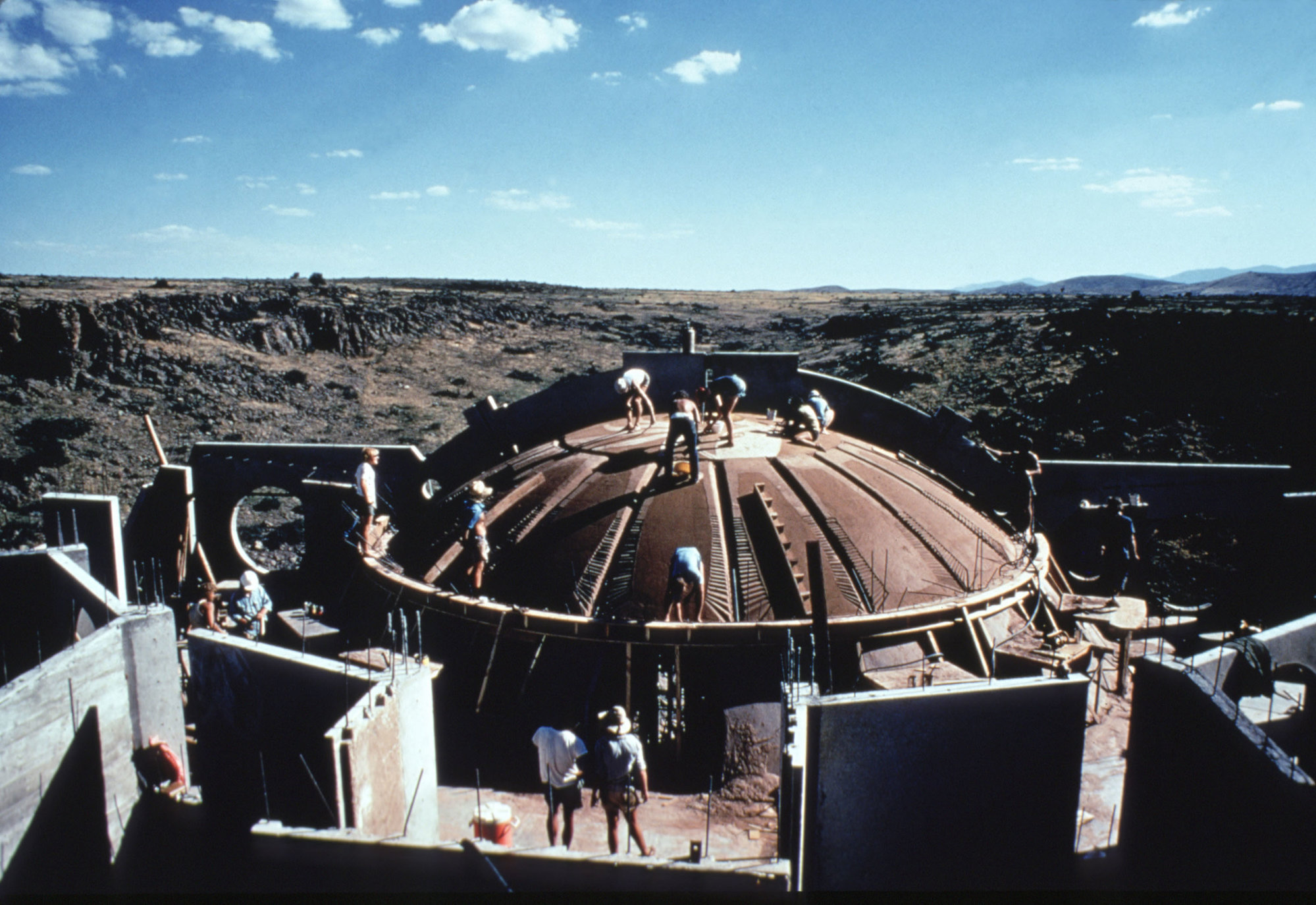
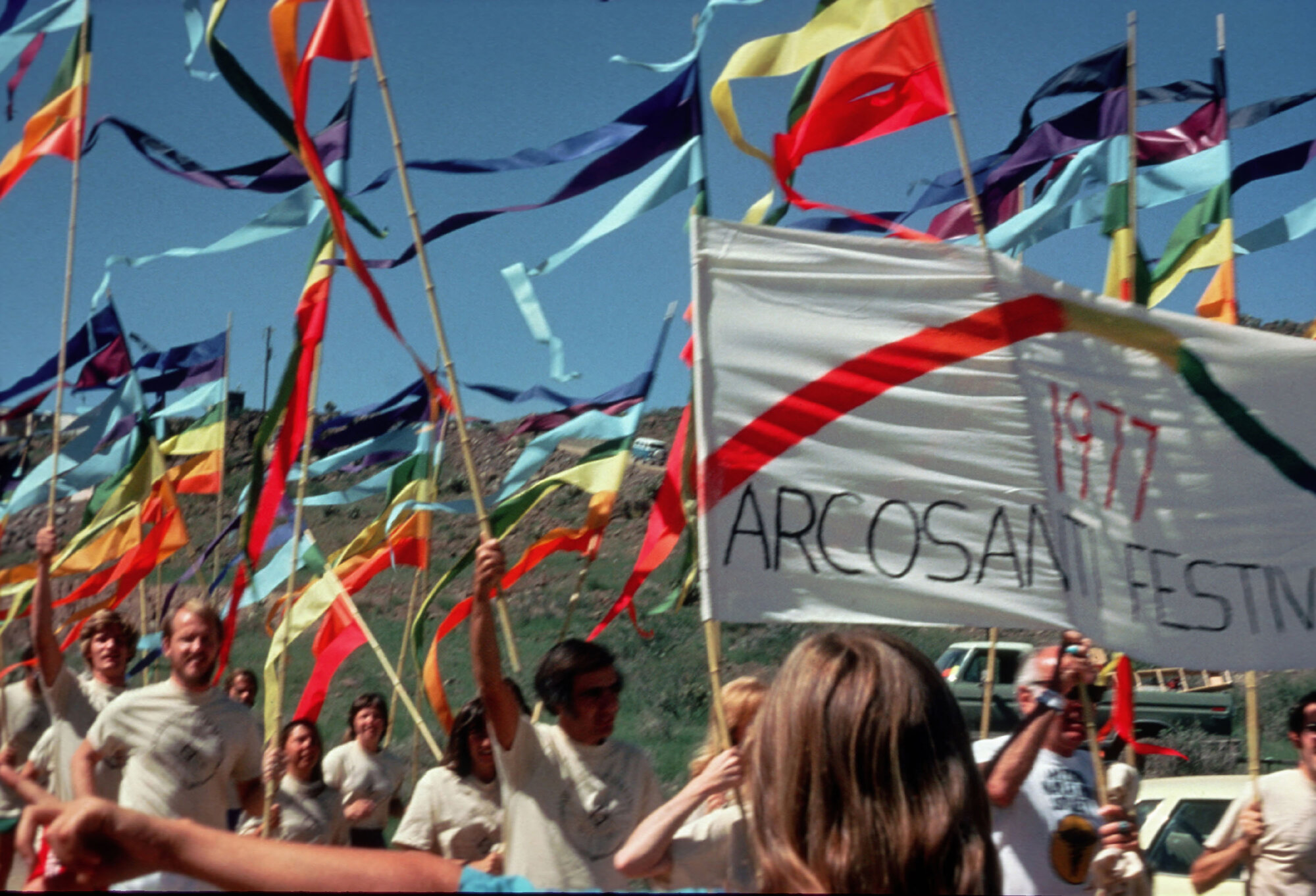
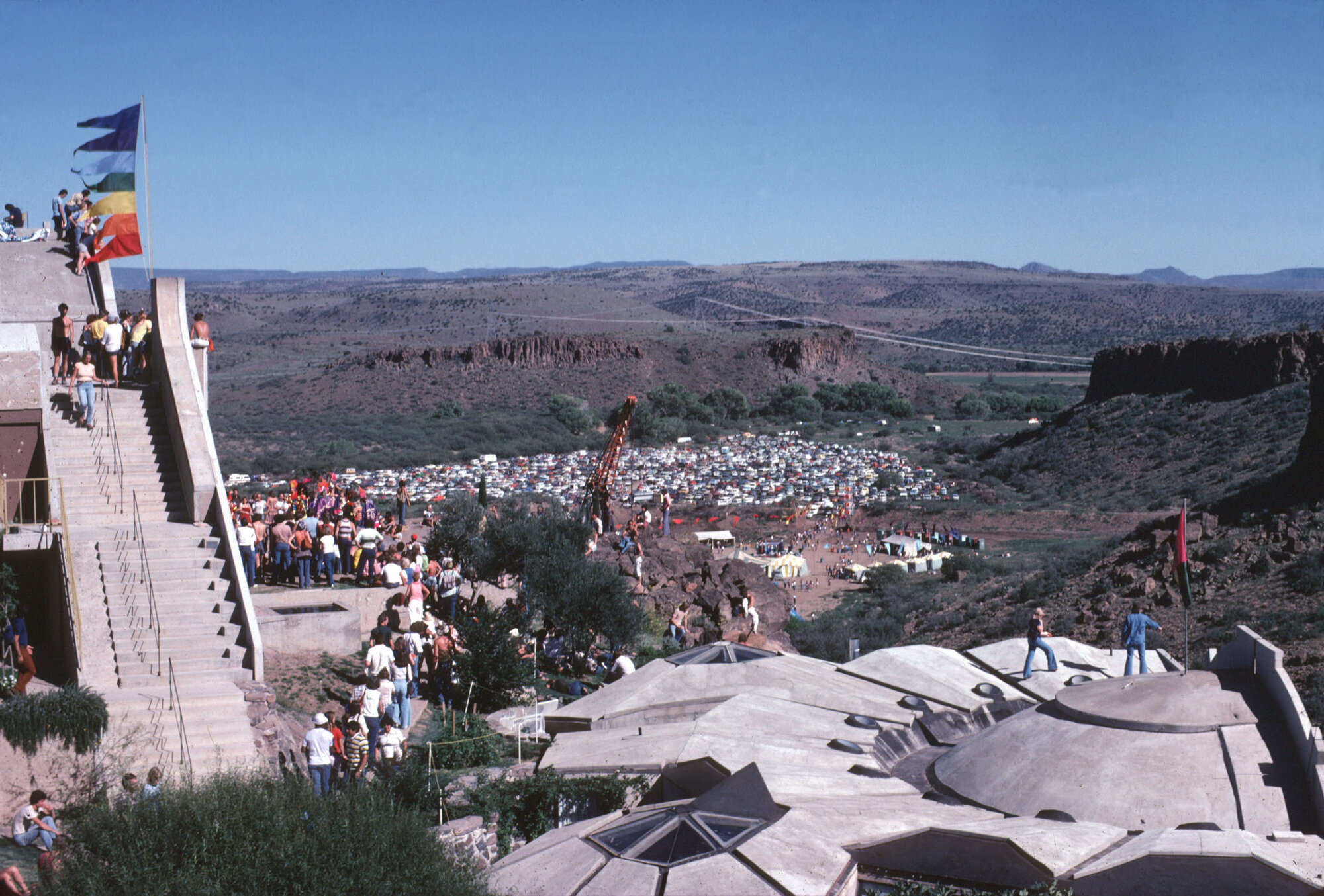
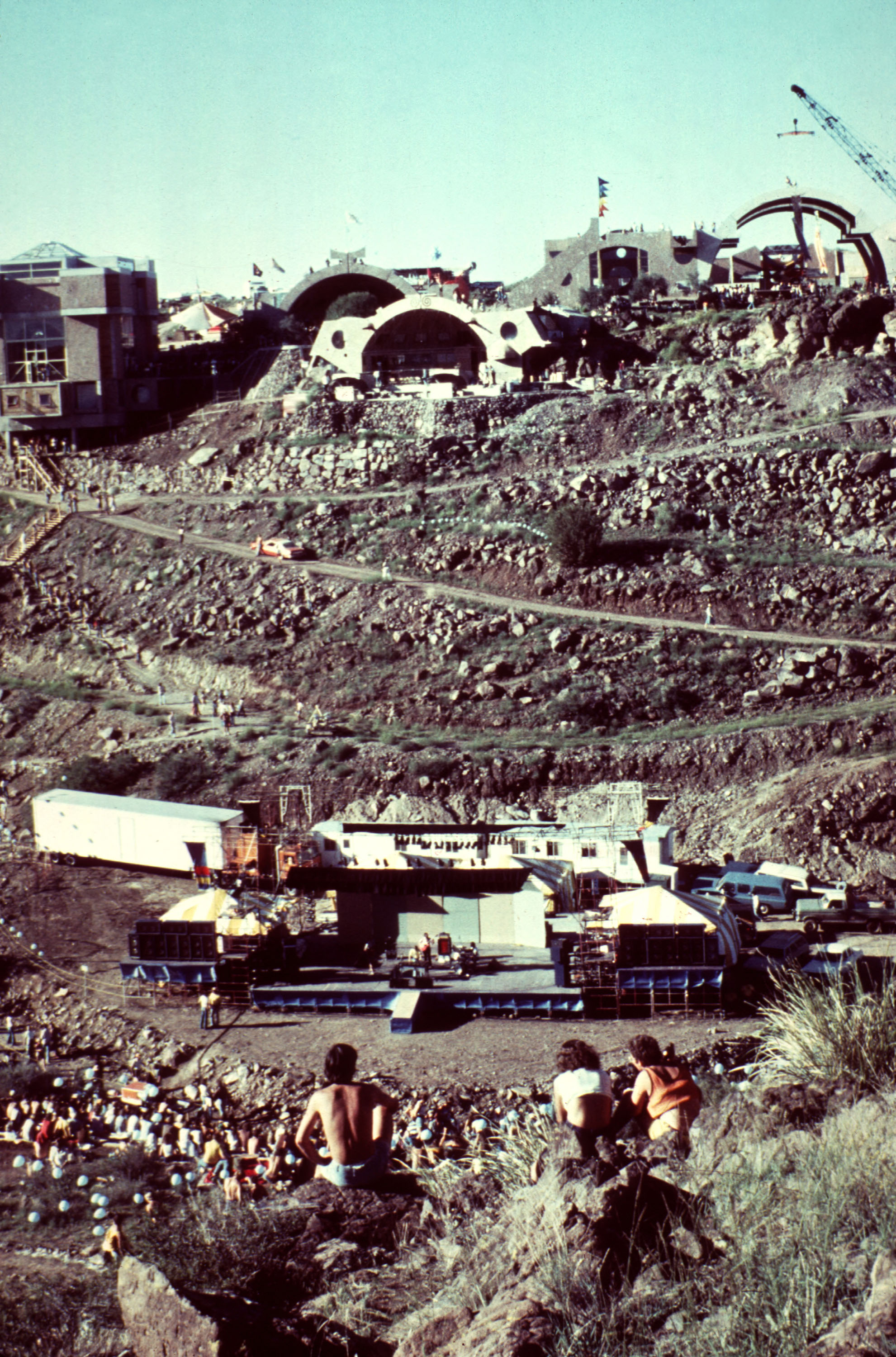
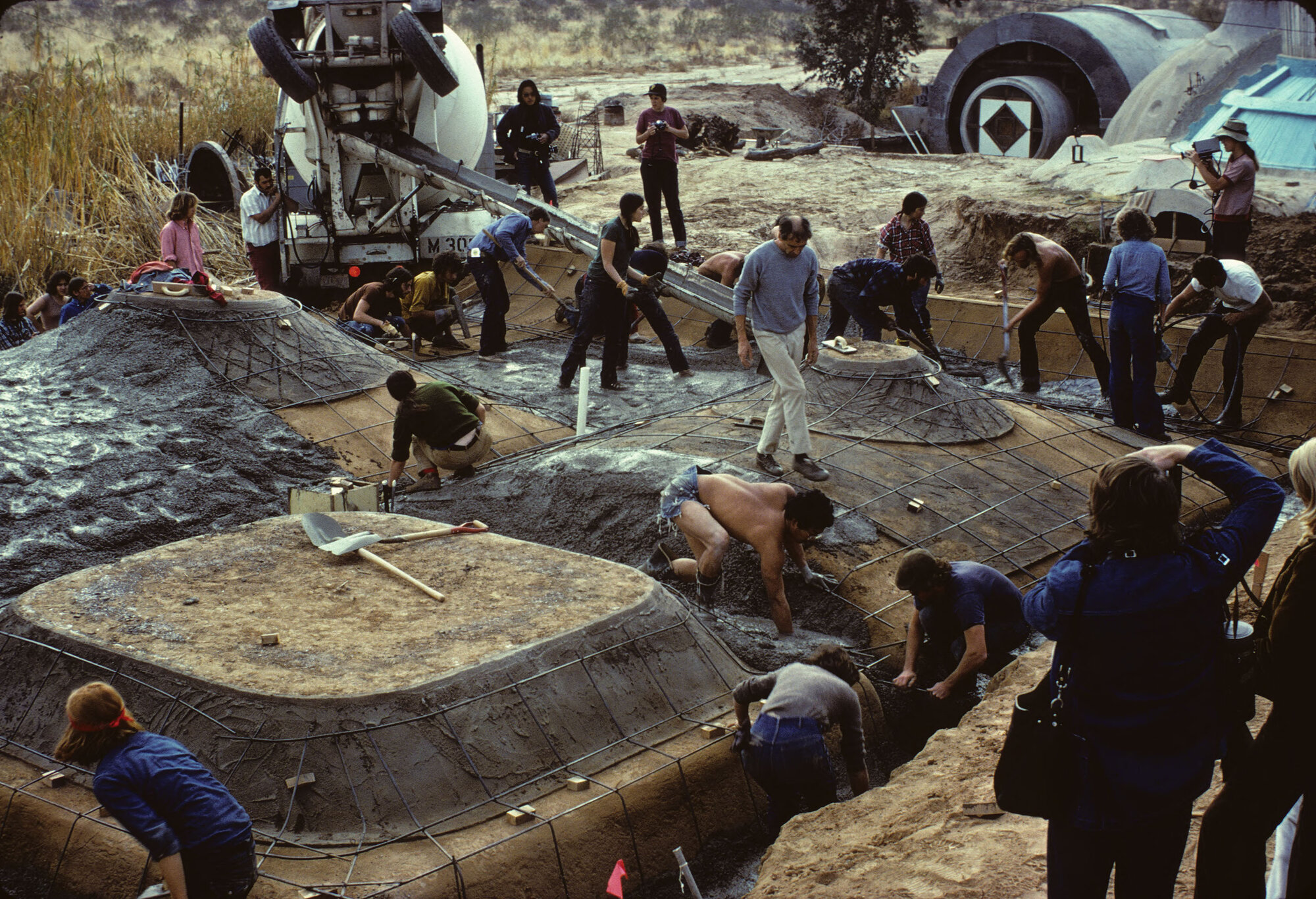
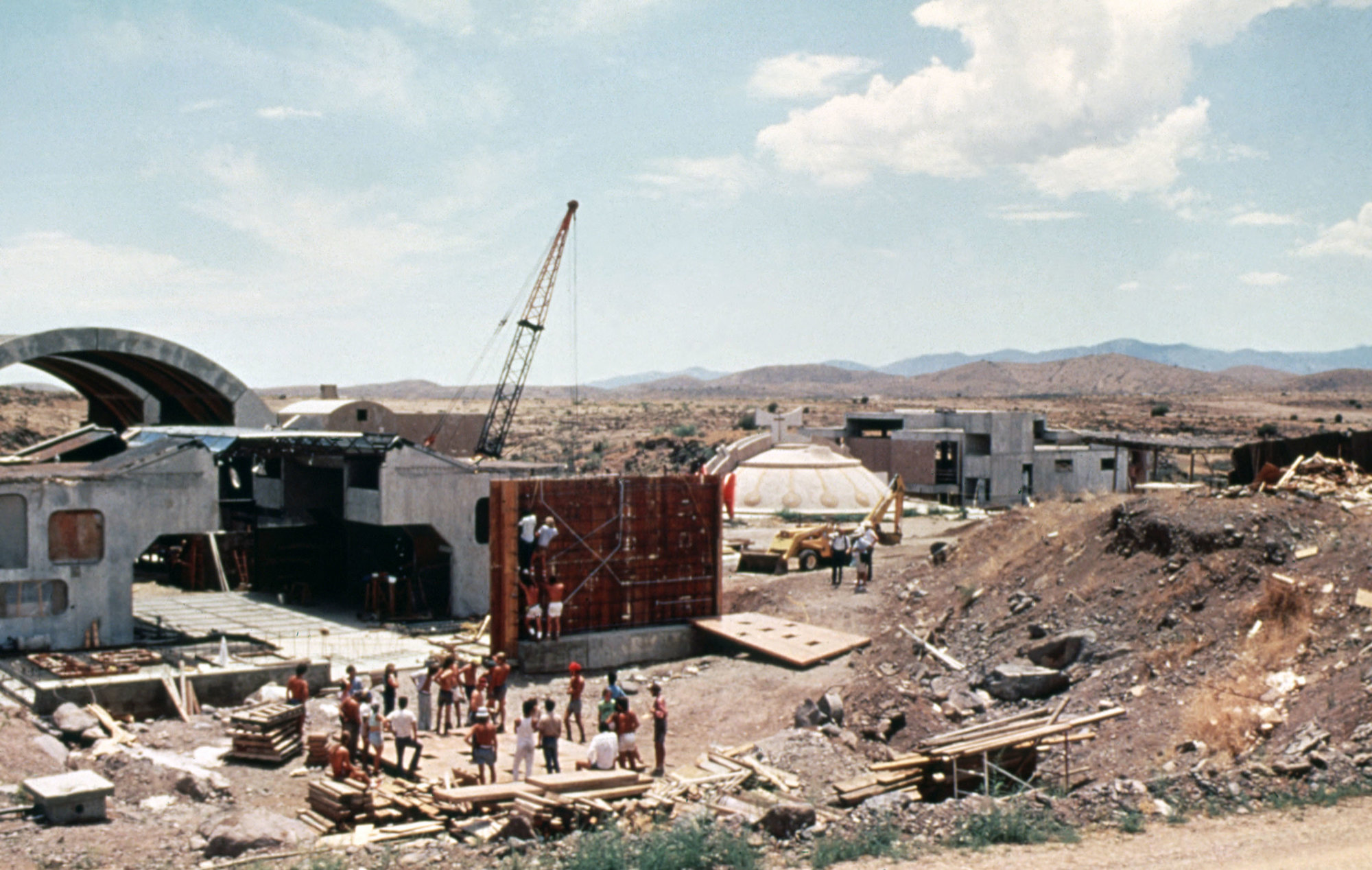
Nam semper semper ex
In porttitor pellentesque sapien